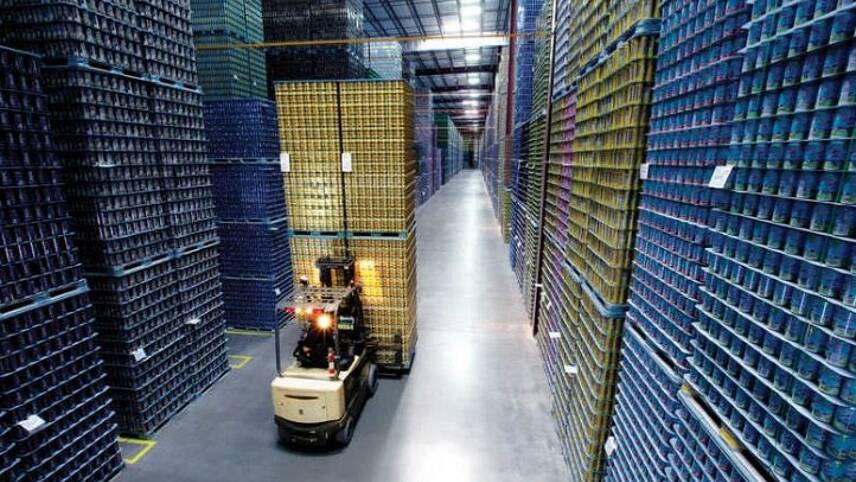Register for free and continue reading
Join our growing army of changemakers and get unlimited access to our premium content

Ball announced that it has been sourcing 100% renewable electricity for beverage operations in the UK
Ball Corporation, which specialises in producing beverage and aerosol packaging across 236 countries, has achieved the ASI certification for sustainable performance of its operations across all 23 of its EMEA facilities.
Ball is the first beverage can maker to achieve the ASI certification, which also covers Chain of Custody (CoC) Standard certifications for material produced and processed across its value chain.
“We’re extremely proud to be the first beverage can manufacturer to achieve ASI certification,” Ball Beverage Packaging EMEA’s president Ron Lewis said.
“With their infinite recyclability, aluminium cans are the fastest-growing beverage packaging type in Europe. As consumers seek more environmentally friendly products, they can have confidence in aluminium’s strong sustainability credentials such as responsible sourcing. The certification, combined with our renewable energy investments, demonstrates Ball’s commitment to a low-carbon, sustainable economy.”
The ASI Performance Standard is a measurement of environmental and social impacts and covers lifecycle approaches, recycling, carbon reductions, water and waste management, human rights and biodiversity considerations.
The chain of custody Standard cover’s material use, from mining to casting, rolling, manufacturing and filling.
Decarbonising process
Ball has also announced that it has been sourcing 100% renewable electricity for beverage operations in the UK, EU and Serbia since the start of the year and has now entered into agreements to do the same of its North American operations by 2021.
In 2018, Ball Corporation set new science-based targets within the company’s direct operations and across its supply chain to reduce its emissions intensity by 58% by 2030.
The company has committed to reducing its Scope 1 and Scope 2 (direct) emissions by 27% by 2030, against a 2017 baseline of 1.4 million tonnes of greenhouse gases (GHG).
The firm has additionally pledged to reduce its Scope 3 (indirect) emissions by a quarter within the same timeline, after revealing that GHG emissions from its value chain totalled 13.2 million tonnes of CO2e last year. 85% of these emissions were accounted for by the processes of mining, refining, smelting, casting and rolling metals, as well as end-of-life recycling.
The move to set science-based targets comes after Ball Corporation reached its five-year carbon intensity reduction aim for 2015 on time, having reduced its carbon intensity by 23% between 2010 and 2017.
Matt Mace


Please login or Register to leave a comment.